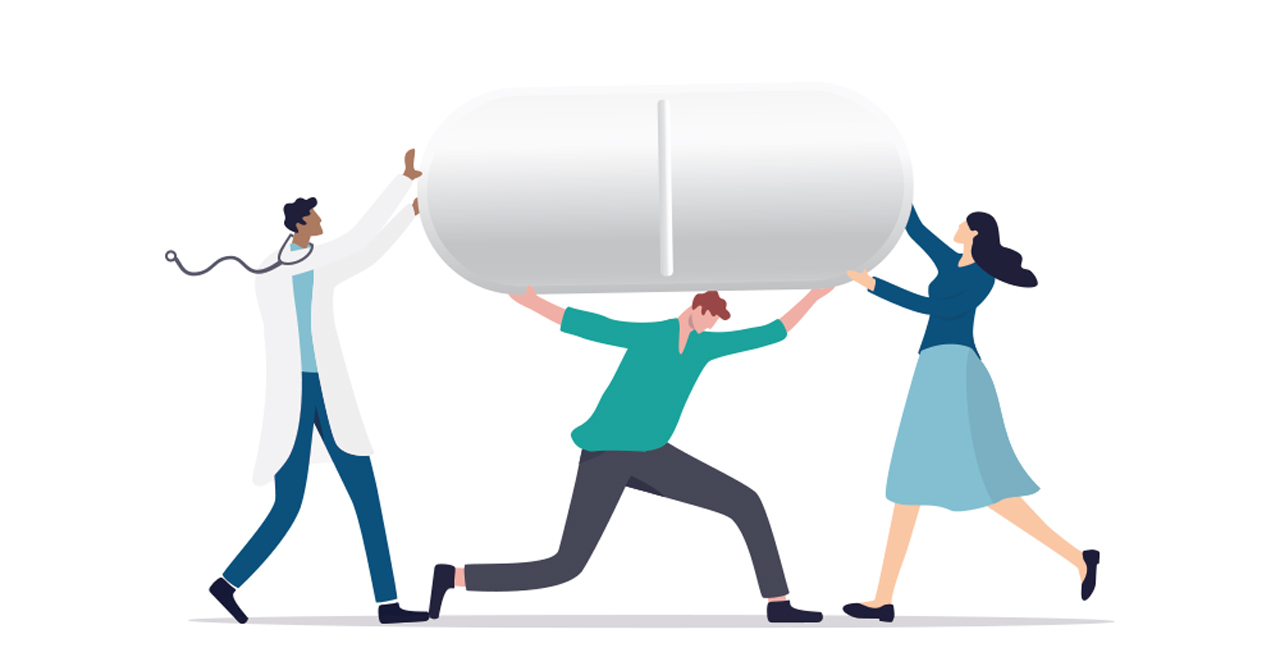With consent from patients, the Penn Medicine Princeton House Behavioral Health team collaborates with outside medical providers to ensure an informed continuum of care and safe approaches to pain management. But because patients may still find themselves in a situation where they’re being handed a prescription for an opioid or benzodiazepine, it’s also essential to provide patient education about the importance of proactive communication with all of their providers.
Helping Patients and Providers Plan Ahead
“At Princeton House, we place a strong emphasis on cope-ahead strategies and the identification of a support system to help patients prepare for challenging situations like these,” says Sarah Carstens, LCSW, LCADC, Addictions Clinical Director at Princeton House. “This work can serve as a foundation for them to speak up and advocate for their needs to be met more holistically when possible.”
In circumstances where medication is needed, Mark P. Schwartz, MD, Medical Director of Inpatient Detox Services at Princeton House, offers this advice for pain management:
- Medical providers should be aware of the need to avoid the use of opioids and benzodiazepines and choose alternatives whenever possible.
- If needed, such as in postoperative pain management, opioids can be prescribed but should be in an adequate dose for the shortest duration possible. Lower dose prescriptions are not advised, as this can rekindle cravings without relieving pain – and untreated pain itself can trigger a relapse. If possible, benzodiazepines should be avoided.
- Patients should know that these medications have the potential to rekindle cravings no matter how long they have been in recovery.
- A support person should be responsible for storing and dispensing pain medication.
- Prior to a situation requiring medication, it can be beneficial to have an honest discussion about anticipated levels of pain, what discomfort level may be tolerable, and whether adjunctive therapies might safely contribute to pain management.
“Ideally, this is a team approach with medical and behavioral health providers communicating with each other to support what’s best for the patient,” adds Dr. Schwartz. “It’s also important for all health care providers to watch for early signs of relapse and be alert to the need for a higher level of care.”
“Setbacks can happen, and there’s no shame in that; rather, we look at it as an opportunity for the treatment team to provide more education and support for the path forward,” adds Carstens. “Our role is to help patients continue to take steps toward their goals and be as effective as possible in their lives.”



